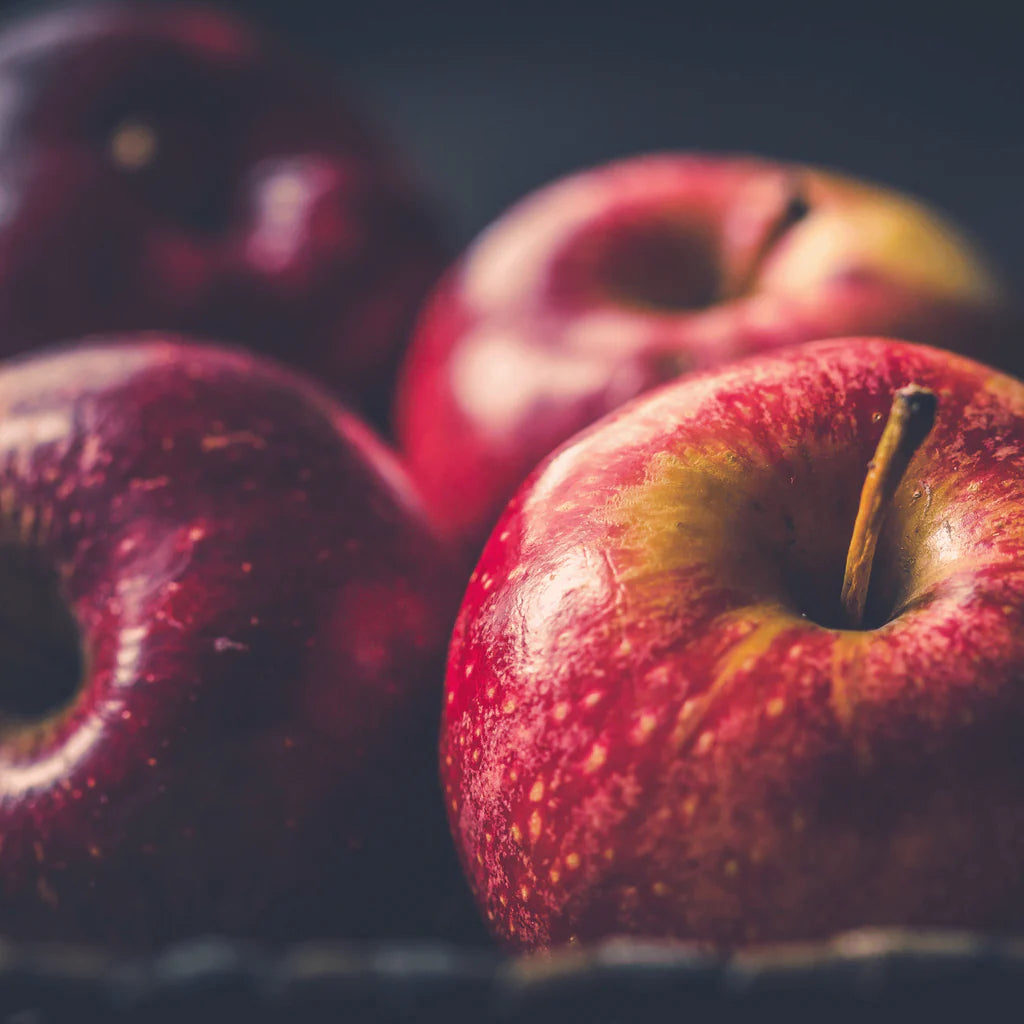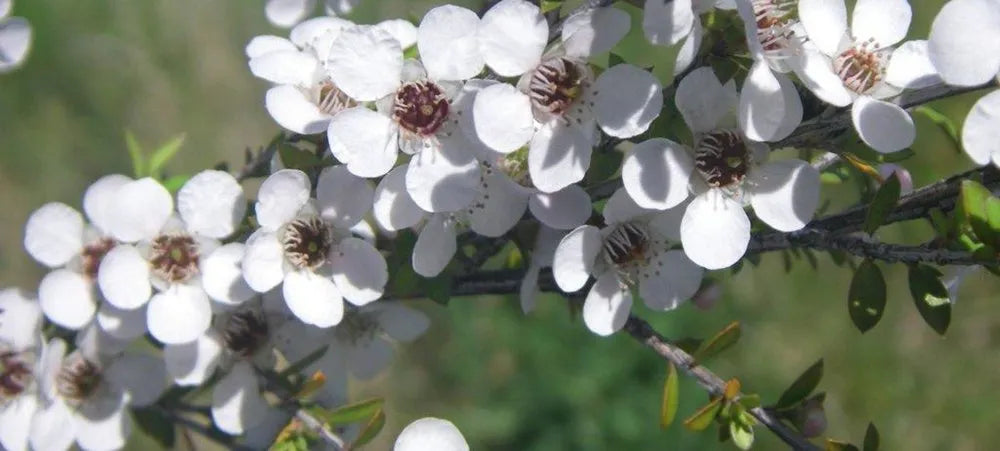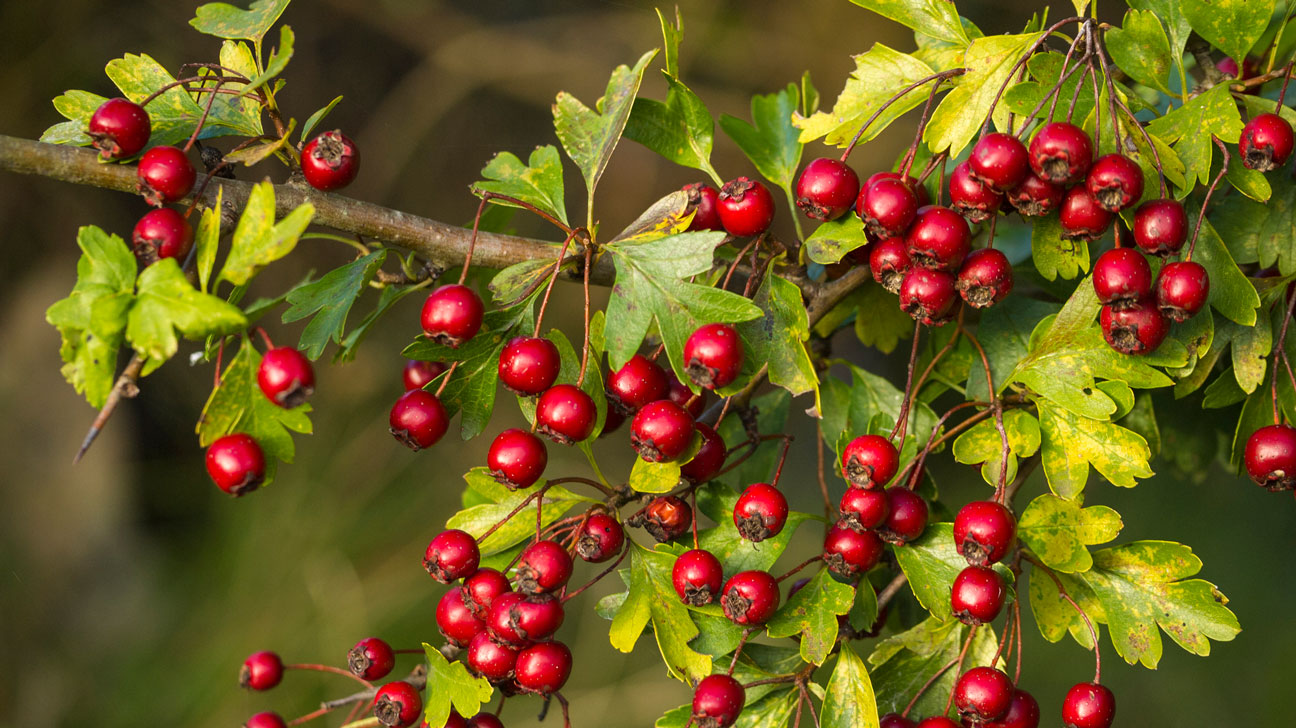
Apple Seed Oil and How It Helps Acne
What is Apple Seed Oil?
Apple seed oil, also referred to as apple kernel oil, is an all-natural oil derived from the seeds of apples (Malus domestica). Typically utilized in cosmetic and skincare products, it offers potential benefits for the skin, hair, and overall well-being. This oil is loaded with fatty acids that are useful in new skin production and anti-aging, while also helping to prevent breakouts. It's beneficial in helping minimize scars and marks.
How Apple Seed Oil helps with acne
Apple seed oil is primarily used in cosmetic and skincare products due to its potential benefits for the skin, hair, and overall health. It's rich in fatty acids and antioxidants, which soften the skin, increase elasticity, and reduce fine lines and wrinkles.
Here are some key characteristics and uses of apple seed oil:
- Nutrient-Rich: Apple seed oil is rich in essential fatty acids, particularly linoleic acid, which is beneficial for maintaining healthy skin. It also contains vitamins and minerals, such as vitamin E, vitamin A, and omega-3 fatty acids.
- Antioxidant Properties: Apple seed oil is a good source of antioxidants, including vitamin E. These antioxidants help protect skin cells from damage caused by free radicals, which can contribute to premature aging and various skin issues.
- Moisturizing: Due to its lightweight and non-greasy texture, apple seed oil is easily absorbed by the skin. It can help replenish and retain moisture, making it suitable for various skin types, including sensitive and oily skin.
- Anti-Inflammatory: Apple seed oil may have anti-inflammatory properties, which can help calm irritated or inflamed skin. This makes it potentially useful for conditions like eczema and dermatitis.
- Anti-Aging Benefits: The antioxidants in apple seed oil can contribute to the reduction of fine lines, wrinkles, and other signs of aging. It supports collagen production, which helps maintain skin elasticity.
- Wound Healing: Some studies suggest that apple seed oil may promote wound healing due to its anti-inflammatory and antioxidant properties. It may aid in the repair and regeneration of damaged skin tissue.






